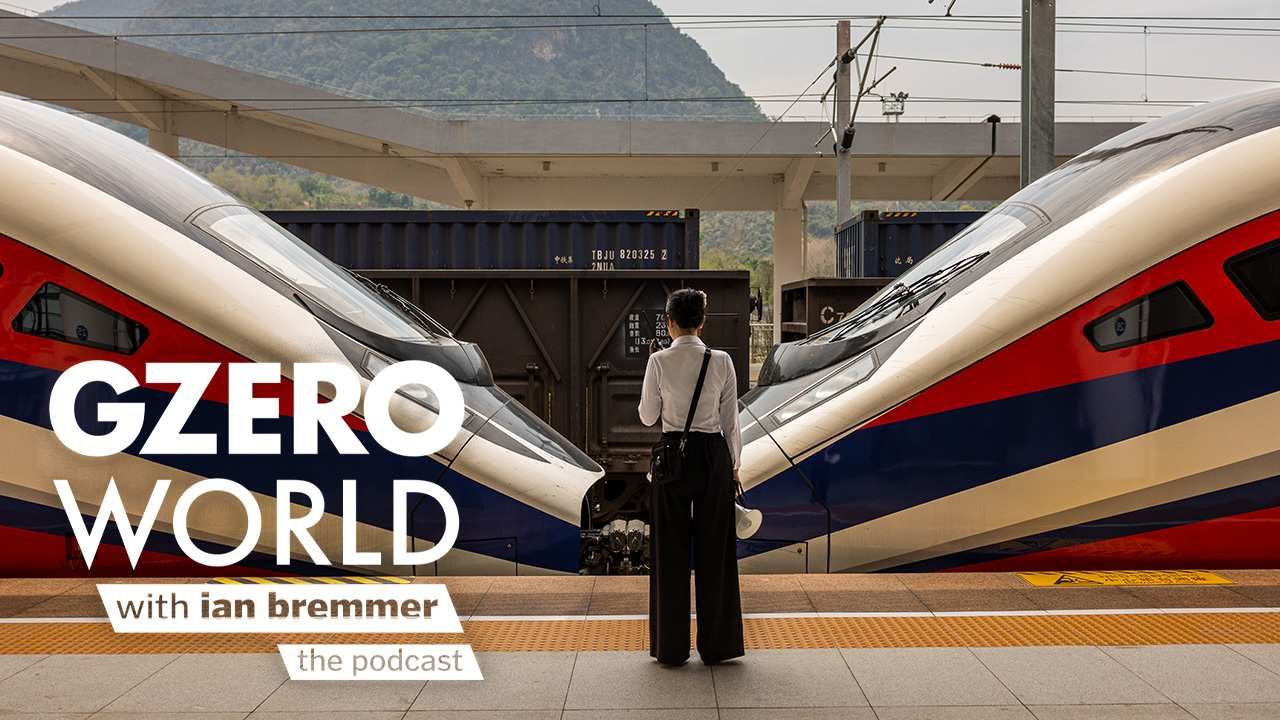WHAT WE’RE WATCHING
Locked-up Lula —Alex wrote a piece for your Tuesday edition on the emergence of Joaquim Barbosa as a presidential contender in Brazil. Then we got more big news from the country this week. Late Wednesday night, by a vote of 6–5, Brazil’s Supreme Federal Tribunal ruled that former President Luiz Inacio Lula da Silva, popularly known as Lula, must sit in prison while he appeals a 12-year sentence for a corruption conviction. Lula still leads in opinion polls ahead of October’s presidential election — though the number of voters who say they’re dead-set against him would make it hard for him to win. Lula’s incarceration creates space on the left for other candidates, like Barbosa. But, as Alex points out, it could also delegitimize the election for those who agree with Lula that the charges against him are politically motivated.
Macron vs the unions —Every French president who tries to change that country’s labor laws knows that sooner or later the showdown with unions will come. It’s Emmanuel Macron’s turn, and a wave of strikes, led by staff at state railway SNCF, is now under way. Strikes are scheduled to disrupt transport on 36 separate days over the next three months. Rail workers want to protect their relatively generous benefits, while the government says the state can’t afford them — and that EU rules require that state railways open to competition. On Wednesday, students, angry over more selective university entry requirements, added their challenge to President Emmanuel Macron. This is a crucial test for a leader with grand ambitions — for France and for Europe.
The Weiner-Dog Museum — Did you know that Albert Einstein, Pablo Picasso, and Star Trek star Leonard Nimoy loved dachshunds? Did you know that Germans bred dachshunds in the Middle Ages to flush predatory badgers from underground tunnels? Did you know the mascot of the 1972 Munich Olympics was a dachshund called Waldi? If you didn’t know these things, would like to learn more, and are passing through Bavaria, Signal recommends the newly opened Dackelmuseum in Passau, Germany.
WHAT WE’RE IGNORING
US withdrawal from Syria — President Trump made news last week by telling a cheering crowd in Ohio that “We’ll be coming out of Syria, like, very soon. Let the other people take care of it now.” But there’s been little clarity since then on what “very soon” means. The Pentagon is not ready for withdrawal. Defense officials made clear this week that ISIS is not finished. Turkey’s intervention in Syria has delayed the “fight going against the remnants of ISIS,” said Defense Secretary James Mattis ten days ago. The Pentagon also appears interested in countering Russian influence in shaping Syria’s future and in dissuading Syrian President Bashar al-Assad, Turkey, and Iran that it’s safe to attack US Kurdish allies. Until the Commander in Chief and Pentagon sort these questions out, the words “very soon” don’t mean much.
Bahrain’s new oil find — This week, the Kingdom of Bahrain — with a population smaller than Barcelona or Phoenix, Arizona — announced discovery of an offshore shale oil field large enough to push the tiny country’s oil reserves from 66th to 8th in the world. This may be good news for the already wealthy and well-connected in Bahrain, but we’re ignoring this story because its government, in lockstep with Saudi Arabia, won’t use new wealth to pursue a more independent foreign policy.
Iranians who fear nipples — The team logo for Italian football club AS Roma features the traditional Roman image of two babies, city founders Romulus and Remus, being suckled by the Capitoline Wolf. During its coverage of UEFA Champions League football, broadcasters in Iran altered the image by blurring out the wolf’s teats. We’re speechless.
